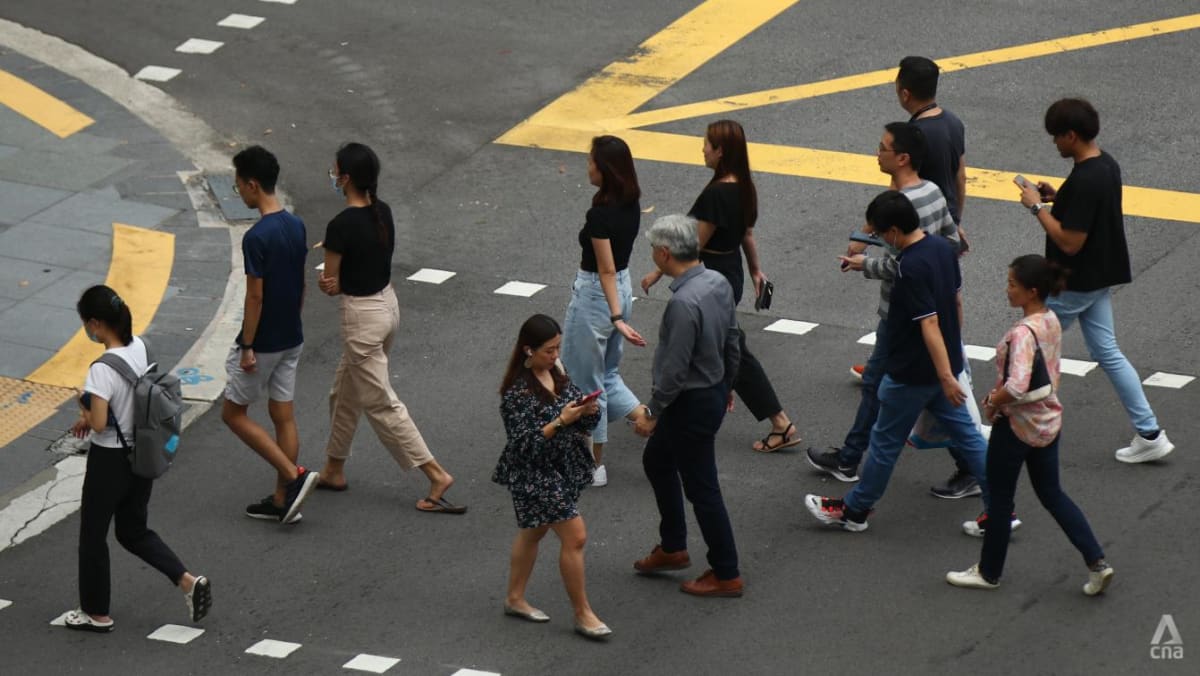A high proportion of 73 per cent felt uncomfortable using “concepts from abroad” like critical race theory and white privilege to talk about race in Singapore.
A majority agreed with the statements that race is a social rather than biological construct (57.1 per cent) and that racism is a common experience for racial minorities (56.2 per cent).
Racial minorities, younger and more educated respondents and those living in public housing were more likely to agree that racism is a common experience for minorities.
While 59.6 per cent agreed that “it is easier to be a Chinese Singaporean in Singapore”, a lower 44.7 per cent agreed that Chinese privilege exists in the country.
Attitudes towards Chinese privilege diverged along race and age lines, with racial minorities and younger respondents again more likely to acknowledge the existence of such privilege.
Under 46 per cent of all respondents agreed that Chinese Singaporeans only encourage racial equality if it serves their interests, and just 30.4 per cent agreed that only minorities are qualified to talk about racism.
The study’s authors said that openness towards critical race perspectives in Singapore presents both opportunities and challenges.
While younger Singaporeans are attuned to structural inequalities, “caution is needed” when it comes to the “wholesale adoption of foreign terminologies and frameworks”, they said.
The researchers noted that experiences of discrimination persist, and that there is a still a gap between “multicultural ideals and everyday realities”.
“It is crucial that policy and programming seek to continue educating individuals about implicit biases and structural disadvantages, without resorting to divisive blame or framing any particular group as inherently problematic,” they said.
